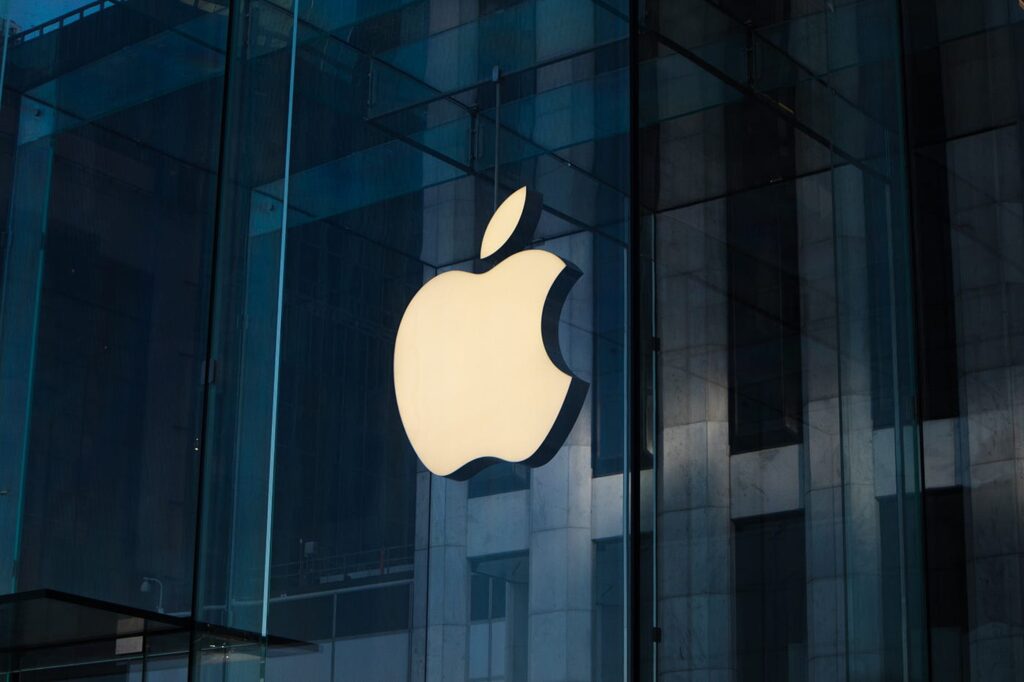In a significant move within Europe, Apple announced a major shift in its App Store policy, allowing developers to distribute their apps directly to consumers.
This change is in response to the European Union’s Digital Markets Act (DMA), which began enforcement last week.
The Act seeks to diminish the dominance of tech giants like Apple, ensuring a more competitive environment.
Despite this, the modification applies exclusively to the European Union, highlighting ongoing disputes over Apple’s efforts to comply with regulatory demands.
Starting this spring, European software developers will have the option to offer apps to EU customers via their own websites, bypassing the traditional route of the App Store.
Susannah Streeter, head of money and markets at Hargreaves Lansdown, commented, “While the App Store won’t be able to be milked as freely, it’s still likely to remain a considerable cash cow for some time as there are strings attached to this peace offering from Apple.”
Despite the new distribution avenue, developers are still required to adhere to Apple’s terms and conditions and pay a “core technology fee” of 50 euro cents per user account annually.
The DMA’s goal is to curtail the influence of major tech firms, including Apple, Amazon, ByteDance (TikTok’s owner), Meta Platforms, Alphabet (Google’s parent company), and Microsoft, fostering greater competition within the European market.
Apple’s adaptation to the DMA will enable EU users to install apps from alternative marketplaces starting with iOS 17.4, representing a significant departure from Apple’s traditionally closed ecosystem.
This move arrives as Apple faces challenges, including declining revenues and waning smartphone demand in China.
Moreover, Microsoft recently overtook Apple as the world’s most valuable company, underscoring perceptions of Apple falling behind in the AI technology race.
Nonetheless, Apple’s stock saw a modest increase of 0.6% on Tuesday, partially recovering from a 10% loss in 2024.
The changes include the introduction of alternative app marketplaces for developers to showcase their own apps and the freedom to manage in-app promotions and transactions independently of Apple’s framework.
This decision follows regulatory pressure and a notable concession to Epic Games, allowing it to introduce its own game store on Apple devices in Europe.
Apple has also announced its intention to appeal a substantial EU antitrust fine related to competitive practices on the App Store, further complicating its position in the ongoing regulatory landscape.
